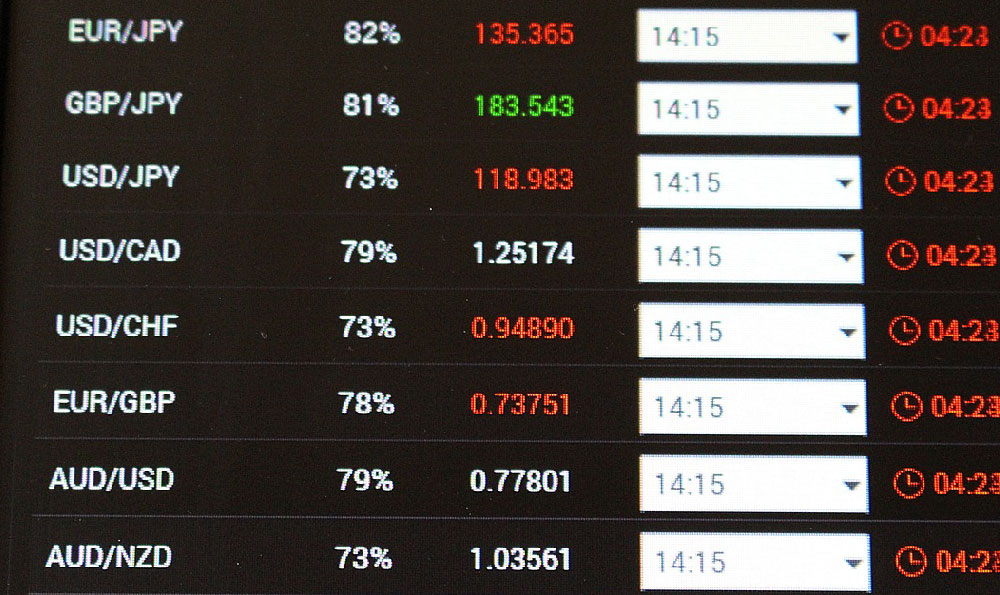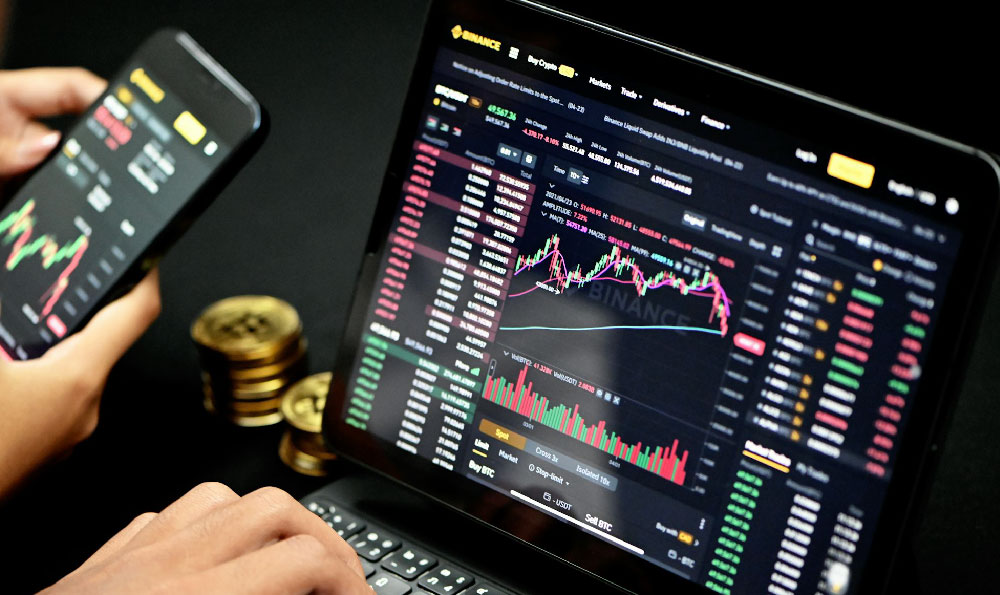The allure of turning your personal computer into a money-making machine is strong, especially in the realm of cryptocurrency. While the idea of passively generating income from your PC sounds appealing, the reality is more nuanced and requires a thorough understanding of the opportunities and associated risks. It's not a 'get rich quick' scheme, but with the right approach and diligent effort, your PC can indeed contribute to your financial growth, particularly within the crypto sphere.
One of the most talked-about methods is crypto mining. Mining involves using your computer's processing power, specifically the GPU (Graphics Processing Unit), to solve complex mathematical problems that validate cryptocurrency transactions on a blockchain network. In return for this computational effort, miners are rewarded with newly minted cryptocurrency. Historically, Bitcoin mining was a viable option for home users, but as the network's difficulty increased, specialized hardware (ASICs) became essential. Now, Bitcoin mining with a standard PC is practically impossible due to its high energy consumption and low profitability.
However, the mining landscape isn't limited to Bitcoin. Alternative cryptocurrencies, often referred to as "altcoins," employ different mining algorithms that might be more accessible to PC users. Coins like Ethereum Classic (ETC) (although Ethereum itself moved to a Proof-of-Stake model), Ravencoin (RVN), and Monero (XMR) have been popular choices for GPU mining. Before diving in, you need to carefully evaluate the profitability. This involves assessing the coin's current market price, the mining difficulty, and most importantly, your electricity costs. Using online mining calculators is crucial to determine if the potential rewards outweigh the energy consumption. Remember that mining profitability is highly volatile and can fluctuate significantly based on market conditions and network changes.

Setting up your PC for mining involves installing specialized mining software like NiceHash, CGMiner, or Claymore's Dual Ethereum miner. These programs connect your computer to a mining pool, where you collaborate with other miners to increase your chances of finding a block and receiving a reward. Joining a reputable mining pool is highly recommended, as solo mining has become exceedingly difficult for most altcoins. Furthermore, ensure your PC is adequately cooled. Mining puts a significant strain on your GPU, leading to increased heat generation. Insufficient cooling can damage your hardware and reduce its lifespan. Monitoring your GPU's temperature and investing in proper cooling solutions, such as aftermarket coolers or liquid cooling systems, is essential for long-term mining success.
Another avenue for leveraging your PC for crypto earnings is through staking. Staking involves holding cryptocurrency in a wallet and participating in the blockchain network's consensus mechanism. In Proof-of-Stake (PoS) blockchains, stakers validate transactions and secure the network by locking up their coins as collateral. In return, they receive staking rewards, similar to interest on a savings account. Unlike mining, staking doesn't require significant computational power, making it a more energy-efficient option.
To stake cryptocurrency, you typically need to download the official wallet for the coin you want to stake. Many wallets have built-in staking features, allowing you to easily delegate your coins and start earning rewards. Alternatively, you can stake your coins through cryptocurrency exchanges that offer staking services. While staking through an exchange might be more convenient, it's crucial to consider the security risks associated with leaving your coins on a centralized platform. Consider using a hardware wallet for secure storage and staking if you're dealing with substantial amounts. Popular coins offering staking rewards include Cardano (ADA), Solana (SOL), Polkadot (DOT), and Tezos (XTZ). Staking rewards vary depending on the coin, the amount staked, and the network's current parameters.
Beyond mining and staking, your PC can also facilitate participation in crypto trading. You can use your computer to access cryptocurrency exchanges like Binance, Coinbase, Kraken, or KuCoin and trade various cryptocurrencies. Technical analysis tools, trading bots, and charting software can be run on your PC to aid in your trading decisions. However, crypto trading is a high-risk, high-reward activity. It requires a solid understanding of market dynamics, technical analysis, and risk management principles. Before you start trading with real money, it's advisable to practice with a demo account to familiarize yourself with the trading platform and test your strategies. Never invest more than you can afford to lose, and diversify your portfolio to mitigate risk.
Furthermore, participating in crypto airdrops and bounties can offer opportunities to earn free cryptocurrency. Airdrops are promotional events where cryptocurrency projects distribute tokens to users who meet certain criteria, such as holding a specific token or following the project on social media. Bounties are tasks or challenges offered by crypto projects in exchange for rewards. These tasks can range from translating documents to creating content to testing software. While airdrops and bounties can be a low-risk way to acquire cryptocurrency, it's essential to be cautious of scams. Research the projects thoroughly before participating and never share your private keys or personal information with untrusted sources.
Finally, consider offering your computer skills to the crypto community. If you have skills in web development, graphic design, content creation, or social media management, you can find freelance work or contribute to open-source crypto projects. Many crypto projects are actively seeking talented individuals to help them with their marketing, development, and community management efforts. Platforms like CryptoJobsList, WorkingForBitcoins, and Upwork connect freelancers with crypto-related job opportunities.
In conclusion, making money with your PC in the crypto space is possible, but it requires careful planning, diligent research, and a realistic understanding of the risks involved. Mining, staking, trading, participating in airdrops and bounties, and offering your skills to the crypto community are all potential avenues for generating income. However, remember that profitability is not guaranteed, and the crypto market is highly volatile. Approach these opportunities with caution, prioritize security, and always do your own research before investing your time or money. Your PC can be a valuable tool for exploring the world of cryptocurrency, but it's not a substitute for sound financial planning and responsible investing.












